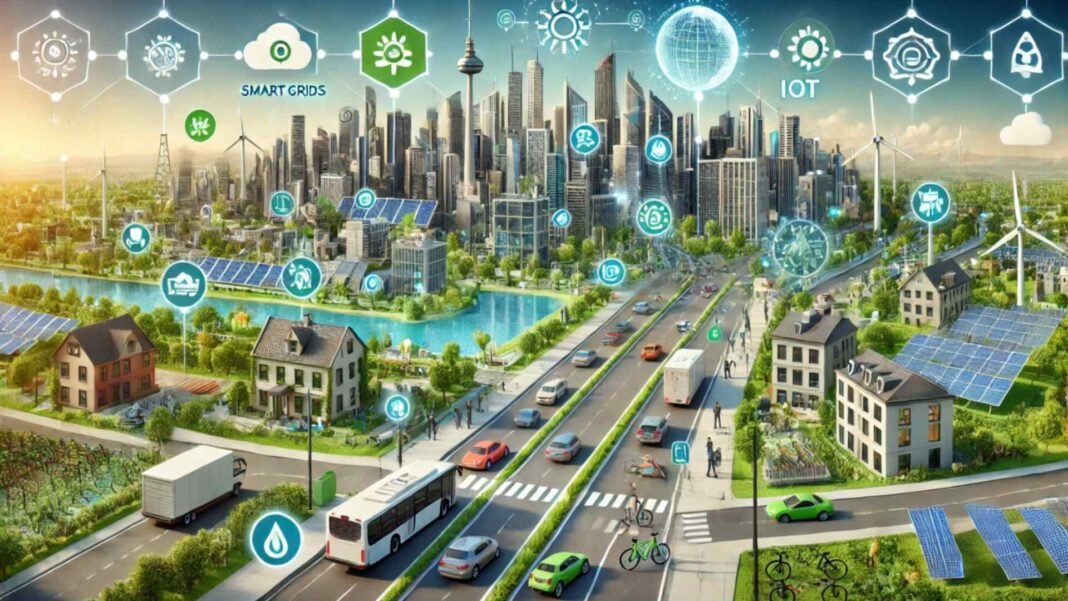From Strategy to Real Action
GCC digital cooperation pact marks a turning point in the region’s digital agenda, as the Gulf Cooperation Council (GCC) and the Digital Cooperation Organization (DCO) signed an Executive Program in Riyadh. Running until 2026, the pact moves beyond discussion to hands-on implementation, focusing on artificial intelligence, data governance, and digital government reforms that will shape the Gulf’s digital economy.
Building on Digital Accelerators
This program is built on the foundation of the Digital Space Accelerators (DSAs) conducted in 2023 and 2024. These accelerators brought together ministers, private sector leaders, and experts to design solutions to pressing challenges such as e-waste management, women’s participation in technology, and online misinformation. The new pact ensures those solutions are not just recommendations but are piloted and scaled across the region.
Turning Ideas into Programs
One of the strongest features of the Executive Program is its focus on implementation. Rather than drafting lengthy strategies, the agreement outlines tools, roadmaps, and legal frameworks that member states can adapt. These include guidelines for AI ethics, digital public infrastructure, and data governance. The DCO has introduced ready-to-use templates to help regulators and policymakers fast-track adoption while still allowing flexibility for national priorities.
Concrete Initiatives Underway
Several initiatives are already in line for regional rollout. Saudi Arabia’s “Recycle Your Device” campaign on e-waste is being prepared for wider Gulf adoption. The DCO’s Model Startup Act, which simplifies company registration and cross-border operations, is another key project. At the same time, Kuwait will spearhead regional efforts against online misinformation, while mentorship networks and awareness campaigns are set to boost women’s representation in ICT.
Economic and Policy Impact
The economic case for the GCC digital cooperation pact is compelling. Unified rules on AI, startups, and data flows reduce compliance costs, cut legal risks, and attract investment. Businesses can scale faster across borders, while governments can create stronger digital ecosystems that generate jobs and innovation. Past successes in linking education, skills, and investment have shown how collaboration can be a powerful growth driver.
Challenges to Implementation
Despite the momentum, challenges remain. The six GCC states have different legal systems, regulator capacities, and levels of digital maturity. Effective implementation will require sequencing, strong funding for regulatory training, and transparent evaluation. Without these, promising pilots could remain isolated experiments rather than regional standards. The DCO emphasizes capacity building and gradual scaling to overcome these hurdles.
A Step Toward Global Leadership
Beyond the Gulf, this pact positions the GCC as a serious player in international digital governance. The DCO and GCC can now engage global partners such as the EU, ASEAN, and Central Asian countries to align standards, exchange expertise, and influence global digital policies. This outward-looking approach ensures that the Gulf benefits from internal reforms and shapes the broader digital landscape.
Looking Ahead
The coming year will be crucial. GCC ministers will meet in October 2025 with proposals, legislative templates, and pilot results ready for review. This will be the true test of whether the pact delivers on its promise. If programs are funded, monitored, and scaled, the Gulf could set an example of how regional cooperation can transform digital economies.




